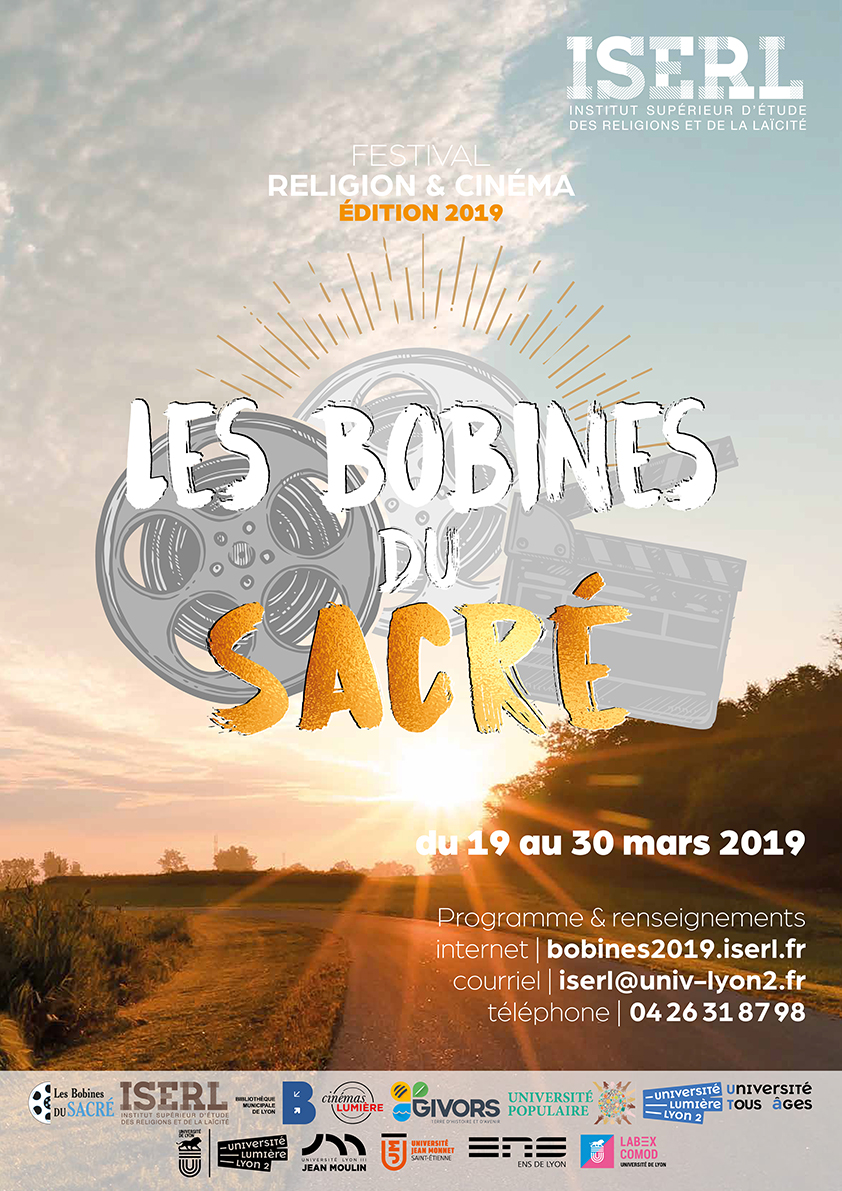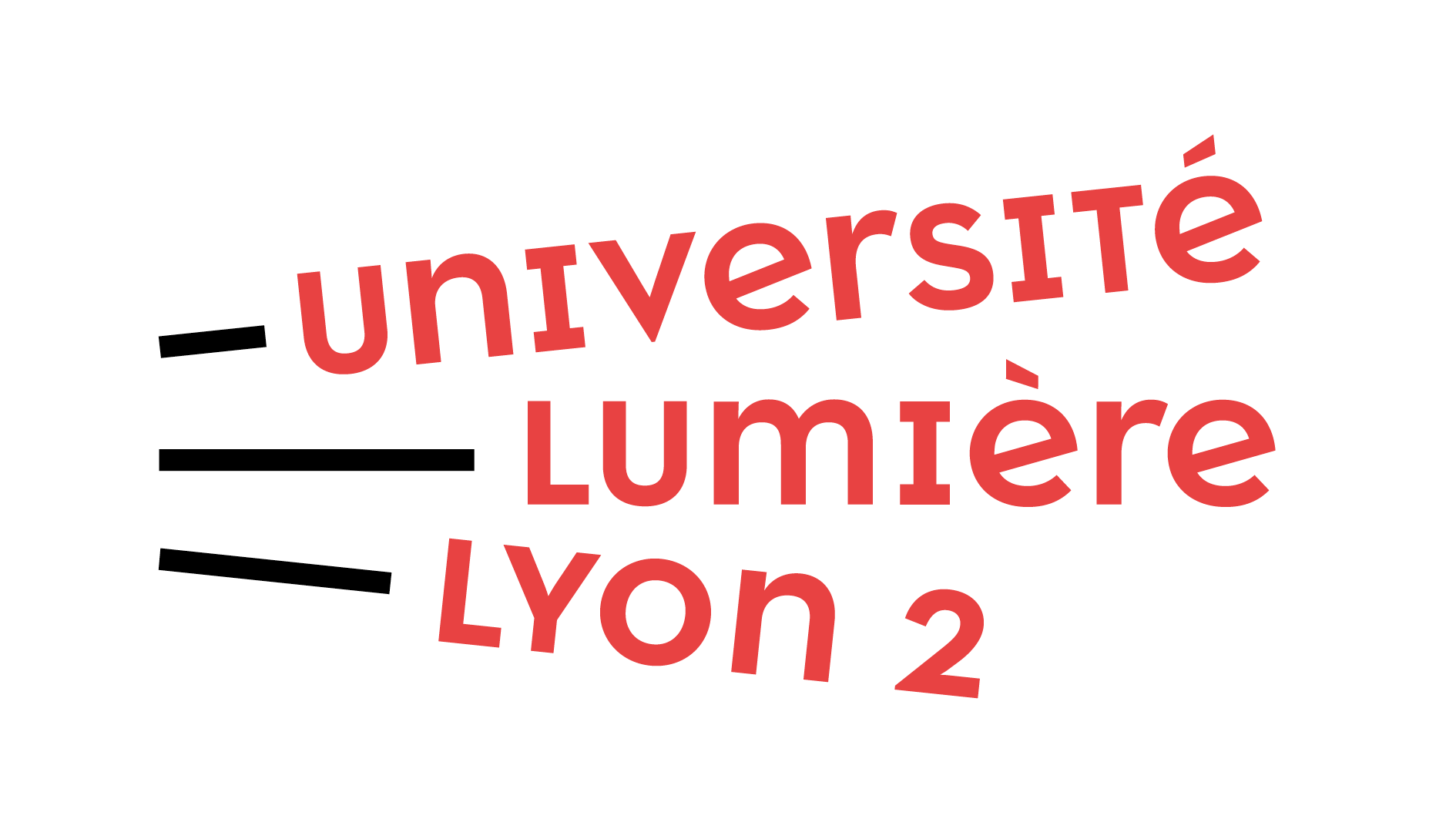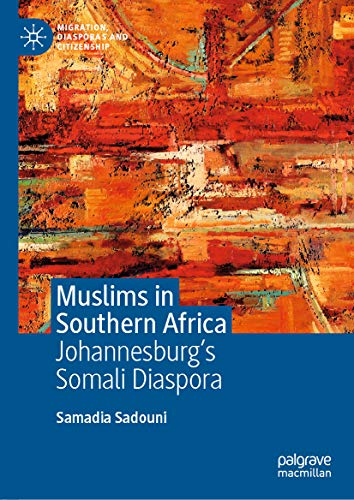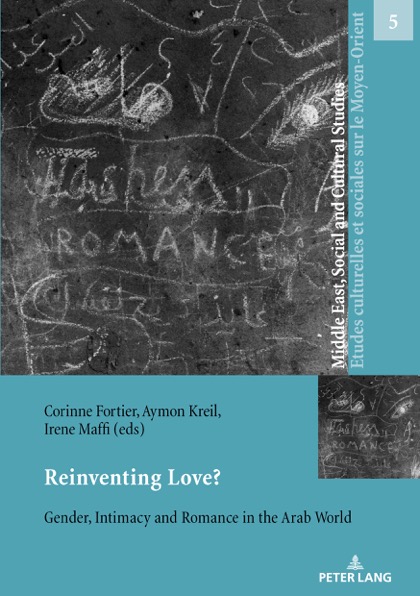Présentation
Cet ouvrage porte sur l’analyse socio-historique de la diaspora somalienne et musulmane à Johannesburg et dans le contexte de formation de la région australe de l’espace indianocéanique, et plus particulièrement depuis la guerre anglo-boer (1899-1902) jusqu’à la période post-apartheid. À partir d’un travail d’archives et une recherche ethnographique, l’auteure analyse l’entrecroisement des processus de migration, de localisation urbaine, d’entrepreneuriat et de mobilité transnationale à travers l’étude des pratiques religieuses et des interactions historiques entre la diaspora somalienne et les empires britannique et ottoman.
La perspective comparée avec d’autres diasporas musulmanes, essentiellement les Indiens d’Afrique du Sud, permet de contraster les expériences de mobilités urbaines des Somaliens dans le pays au cours de différentes périodes marquées par le colonialisme, le régime d’apartheid et la démocratie. Les politiques de race, les identités impériales et post-impériales ainsi que la gouvernance religieuse sont étudiées comme des facteurs influençant les mobilisations de la diaspora somalienne à Johannesburg.
Abstract
« This book presents a socio-historical analysis of the Somali Muslim diaspora in Johannesburg and its impact on urban development in the context of Somali migrations in the Southern African Indian Ocean region from the end of the 19th Century to today. The author draws on a combination of archival and ethnographic research to examine the interlocking processes of migration, urban place-making, economic entrepreneurship and transnational mobility through the lens of religious practice and against the background of historical interactions between the Somali diaspora and the British and Ottoman Empires. Comparison with other Muslim diasporas in the region, primarily Indians, adds further depth to an investigation which will shed new light on the Somali experience of mobility and the urban development of South Africa across its colonial, apartheid and democratic periods. The politics of race, imperial and postimperial identities, and religious community governance are shown to be key influencing factors on the Somali Diaspora in Johannesburg. This sophisticated analysis will provide a valuable resource for students and scholars of urban geography, the sociology of religion, and African, race, ethnic and migration studies »
(Présentation de l’éditeur)
Publié en : 2019
Collection : Migration, diasporas and citizenship
Pages : XI 214 p.
Editeur : Palgrave Macmillan










